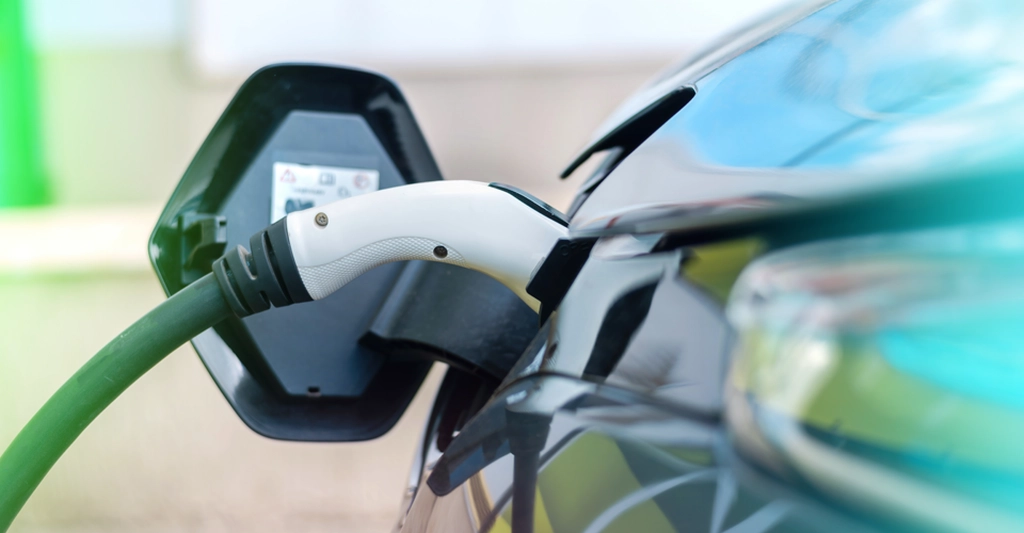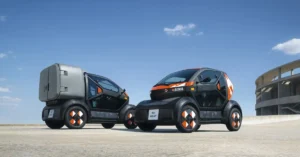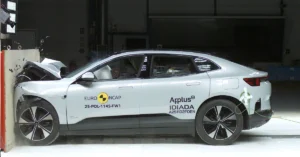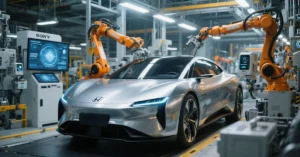The Real Cost of Owning an Electric Car: What You Should Know Before You Buy
Electric vehicles (EVs) have quickly become a symbol of modern, sustainable driving. With zero tailpipe emissions, high-tech features, and the appeal of skipping petrol stations, it’s no wonder many drivers are considering the switch. But while EVs offer many benefits, they also come with hidden costs and considerations that aren’t always discussed upfront.
Before you commit to buying one, it’s worth understanding what owning an EV really looks like not just on the road, but in your daily routine and long-term budget.
1. Upfront Purchase Considerations
EVs often come with higher initial costs than traditional petrol-powered cars. This is largely due to the advanced battery systems and onboard technology. Although costs are coming down over time, it’s still common for buyers to find electric models priced higher than similar petrol alternatives.
In some regions, government incentives can help lower the cost of purchasing an EV, but these vary widely and are not always applied at the time of purchase. It’s important to look beyond the sticker and evaluate total ownership over time.
2. Car Insurance May Be Higher
Electric cars can cost more to insure. This is due to a combination of factors such as higher vehicle value, specialised components, and the need for trained technicians if repairs are needed. Insurers also consider repair complexity and the availability of parts when determining premiums.
Before purchasing an EV, it’s a smart move to request insurance quotes so you can factor coverage into your overall budget.
3. Charging: At Home and On the Road
Driving an EV means saying goodbye to petrol stations, but that doesn’t mean energy is free.
Charging at Home:
Most EV owners prefer the convenience of home charging. However, this usually requires a dedicated charger, and installing one may require upgrades to your home’s electrical system. Once installed, you’ll likely see an increase in your household electricity usage.
Public Charging:
Charging in public can be convenient, especially with fast chargers available in many cities. But availability, reliability, and cost vary depending on location and provider. Some public chargers are free, while others may require a subscription or payment based on energy used or time spent.
Tip: Consider your daily driving range and local infrastructure before relying on public charging as your main option.
4. Fewer Repairs, But Not Necessarily Cheaper
One major advantage of EVs is that they have fewer moving parts compared to petrol engines. No oil changes, spark plugs, or timing belts to worry about. This typically translates to fewer trips to the workshop.
However, when EVs do need servicing or repairs especially related to the battery or electronics it can be more complex and expensive. Parts availability and technician expertise can also impact service turnaround times.
Routine maintenance still applies, including:
- Brake system checks
- Tyre rotations and replacements
- Suspension alignment
- Battery health diagnostics
Staying on top of these basics helps prolong your EV’s lifespan and performance.
5. Battery Health and Lifespan
All EV batteries gradually degrade over time. This means that after several years, you might notice a drop in driving range or charging efficiency.
Most manufacturers offer long-term battery warranties, but eventually, battery replacement may be necessary. Battery degradation also impacts resale value, which makes regular health checks essential especially if you’re buying or selling a used EV.
Tip: Always ask for a detailed battery report if you’re considering a pre-owned electric car.
6. Resale Value May Vary
While resale values for EVs are improving, they can still depreciate faster than comparable petrol cars. This is largely due to concerns about battery life, rapidly evolving EV technology, and the perception that older models lack updated features.
As public confidence and infrastructure improve, resale performance is expected to rise but it’s still something to consider if you plan to change vehicles within a few years.
7. Charging Infrastructure and Accessibility
Charging convenience depends heavily on your location. In some cities and regions, public EV charging stations are widespread and easy to access. In others, they may be limited, leading to long waits or route changes.
If you live in an apartment building or shared housing without private parking, installing a charger may not be possible. In such cases, public charging becomes your only option, which requires planning and flexibility.
Tip: Research charging station locations near your home, work, and common routes before making the switch.
Is Driving an EV Actually Cheaper?
Over time, EVs can be more economical than petrol cars especially if you drive regularly and plan to keep the vehicle for several years. With fewer maintenance requirements and lower per-kilometre energy costs, the savings add up gradually.
But short-term ownership might not provide immediate financial rewards. The real benefits of owning an EV tend to appear over the long haul once you’ve balanced the cost of purchase, charging, and care with years of efficient driving.
And of course, EVs are better for the environment. If sustainability is a priority for you, this adds major value that goes beyond financial savings.
Final Thoughts: Should You Go Electric?
Electric vehicles offer a cleaner, quieter, and often more convenient driving experience. But owning one requires a shift in mindset. From charging habits to service planning and resale strategies, it’s a different kind of ownership journey.
Take your time to research and consider what works best for your lifestyle, budget, and driving needs.
Ready to Make the Switch? MotorHub is Here to Help
MotorHub connects you with trusted EV mechanics, service providers, and mobile support for electric vehicles. Whether you need a battery health check, charger installation advice, or regular maintenance we’ve got you covered.



